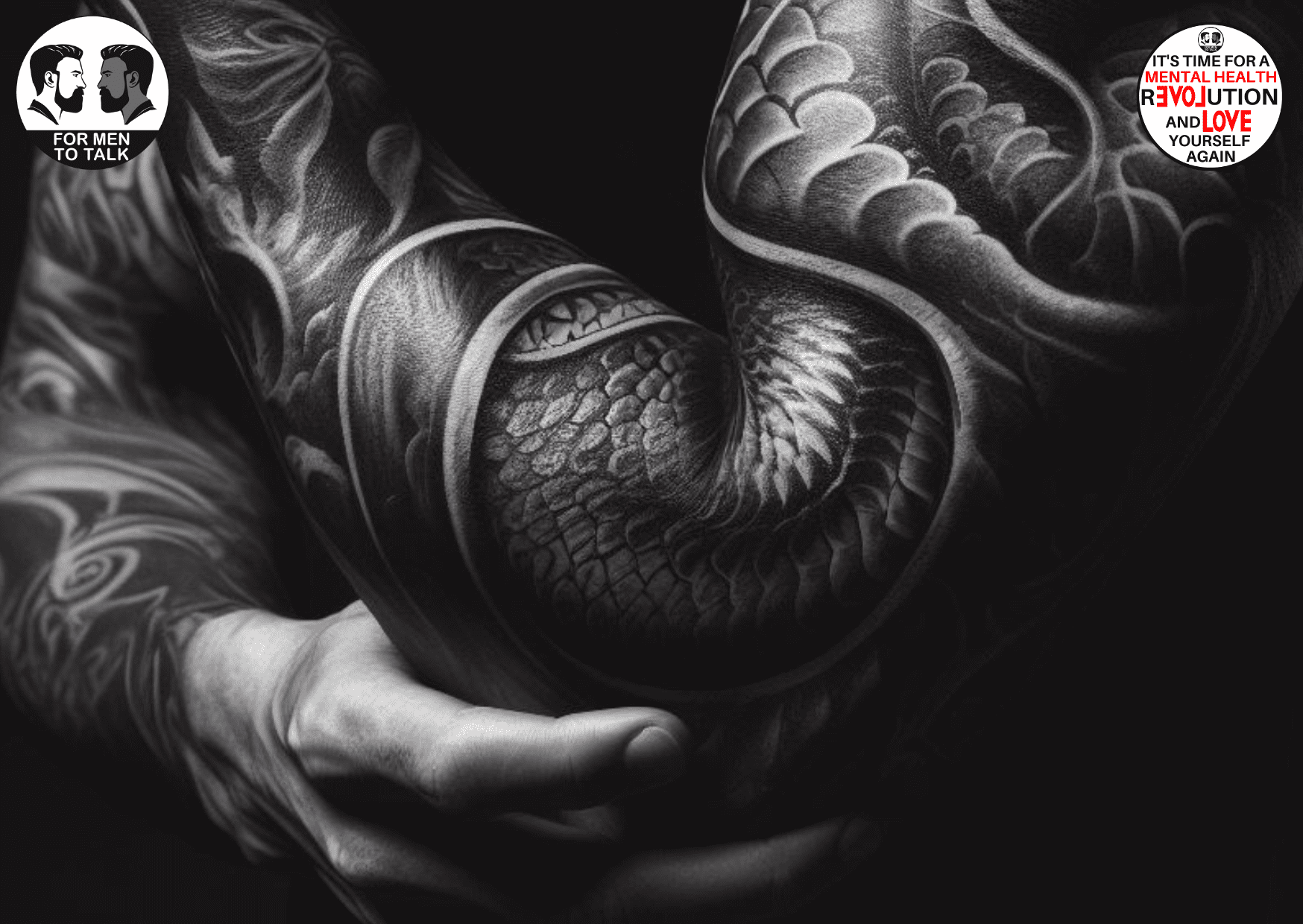Self-Injury Awareness Day and the importance of addressing men’s mental health

Introduction
Self-Injury Awareness Day, observed on 1st March 2024, serves as a crucial reminder of the ongoing struggle faced by individuals dealing with self-harm and mental health challenges. While self-injury affects people of all genders, this occasion also provides an opportunity to shed light on the specific challenges surrounding men’s mental health. Societal norms often perpetuate the notion that men should be strong and resilient, leading to a significant underrepresentation of men seeking help for their mental health issues.
Stigma Surrounding Men’s Mental Health
Men have long faced the stigma associated with expressing vulnerability or seeking help for emotional and psychological distress. This cultural pressure to conform to traditional notions of masculinity can be detrimental, as it discourages men from openly discussing their feelings or seeking professional support. As a result, men are often more prone to internalising their pain, leading to self-destructive coping mechanisms like self-injury.
Factors Contributing to Men’s Mental Health Struggles
Various factors contribute to the mental health struggles experienced by men. Societal expectations to be self-reliant, emotionally stoic and avoid seeking help may lead to feelings of isolation and hopelessness. Additionally, men’s mental health may be impacted by societal pressures related to career success, financial stability, and fulfilling familial responsibilities, all of which can contribute to significant stress and anxiety.
Self-Injury in Men
While self-injury is not gender-specific, it is vital to recognise that men may engage in self-harm differently than women. Men may be more likely to embody their emotional distress, leading to a higher prevalence of behaviours like self-harm that provide temporary relief from overwhelming emotions. Understanding the unique ways in which men may express their mental health struggles is essential for providing appropriate support and intervention.
Breaking the Silence: Fostering a Supportive Environment
To address men’s mental health issues effectively, it is crucial to create a supportive environment that encourages open dialogue and to remove shame seeking help. This includes promoting mental health education, encouraging men to express their feelings and emphasising the strength in vulnerability. It is essential for friends, family and communities, such as ‘For Men To Talk’ to be understanding and empathetic towards men who may be struggling with their mental health.
Accessible Mental Health Resources
Increasing accessibility to mental health resources is paramount in supporting men’s mental well-being. Governments and healthcare systems must invest in mental health services that cater to the unique needs of men. This includes establishing mental health helplines, support groups, again such as ‘For Men To Talk’ and specialised counselling services that understand the specific challenges faced by men.
Challenging Toxic Masculinity
Challenging toxic masculinity is essential in breaking down barriers to men’s mental health support. Encouraging conversations that redefine masculinity to embrace emotional expression, empathy and seeking help can transform the way men perceive mental health care. By promoting healthier expressions of masculinity, we can create a more inclusive society where men feel empowered to prioritise their mental well-being.
Self-Injury Awareness Day serves as a reminder of the importance of addressing mental health challenges faced by individuals, including men. By breaking the silence surrounding men’s mental health and challenging harmful stereotypes, we can create a more supportive environment where men feel comfortable seeking help and expressing their emotions. Through increased awareness, accessible resources and fostering a culture of understanding, we can work towards ensuring that no one suffers in silence and that men’s mental health is prioritised and supported.